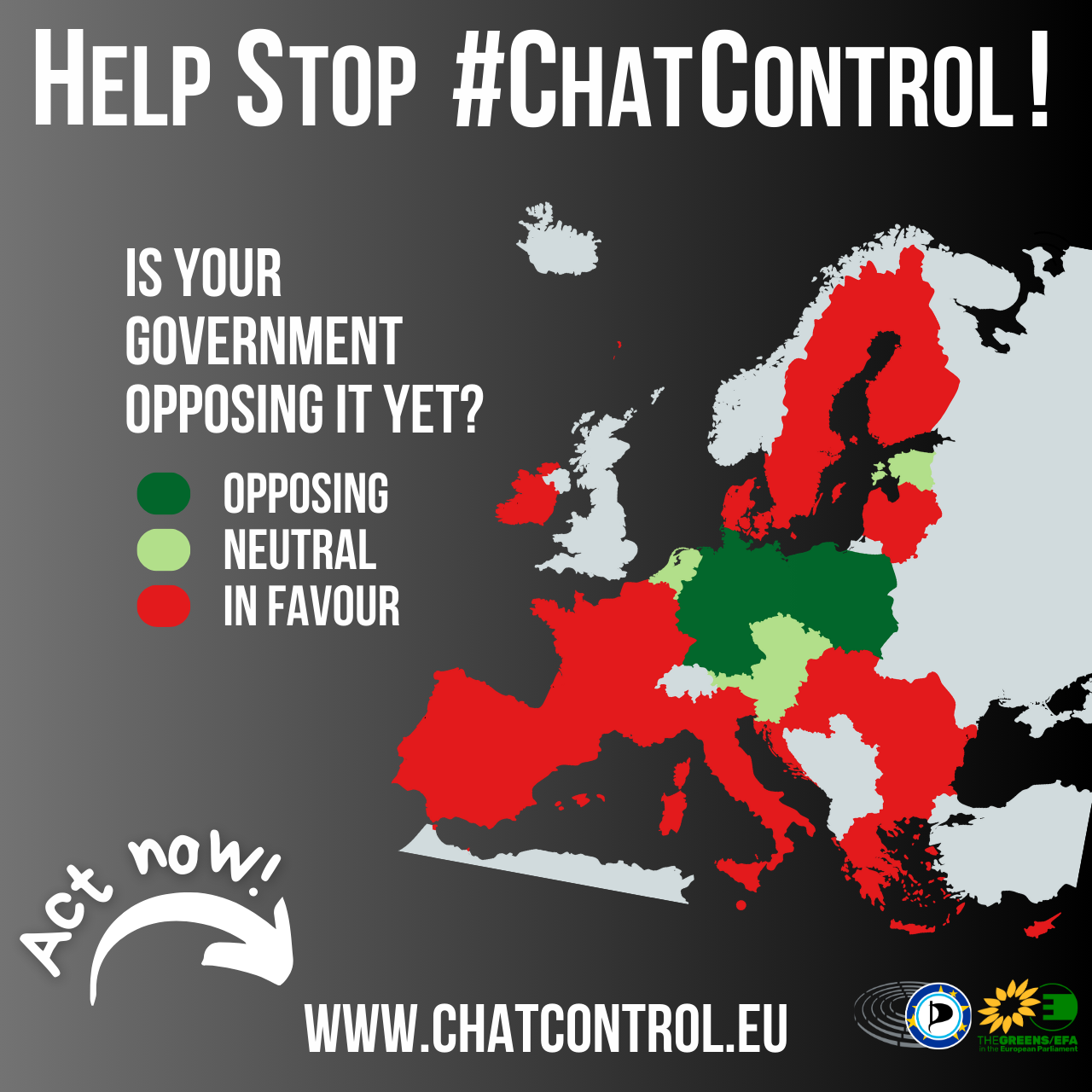Majority for chat control possible – Users who refuse scanning to be prevented from sharing photos and links
The highly controversial indiscriminate child sexual abuse regulation (so-called chat control) could still be endorsed by EU governments after all, as France could give up its previous veto. This is reported by Euractiv and confirmed by internal documents. France considers the new “upload moderation” proposal in principle as a viable option.
According to the latest draft regulation dated 28 May (Council document 9093/24), which is presented as “upload moderation”, users of apps and services with chat functions are to be asked whether they accept the indiscriminate and error-prone scanning and possibly reporting of their privately shared images, photos and videos. Previously unknown images and videos are also to be scrutinised using “artificial intelligence” technology. If a user refuses the scanning, they would be blocked from sending or receiving images, photos, videos and links (Article 10). End-to-end encrypted services such as Whatsapp or Signal would have to implement the automated searches “prior to transmission” of a message (so-called client-side scanning, Article 10a). The initially proposed scanning of text messages for indications of grooming, which is hardly being used to date, is to be scrapped, as is the scanning of voice communication, which has never been done before. Probably as a concession to France, the chats of employees of security authorities and the military are also to be exempted from chat control.
During the last discussion on 24 May, the Council Legal Service made it clear that indiscriminate chat control scanning of non-suspects is still envisioned and remains a violation of fundamental rights. Nevertheless, most EU governments are determined to go ahead. EU governments plan to continue their discussions on June 4th.
“The Belgian proposal means that the essence of the EU Commission’s extreme and unprecedented initial chat control proposal would be implemented unchanged,” warns MEP and most prominent opponent of chat control Patrick Breyer (Pirate Party). “Using messenger services purely for texting is not an option in the 21st century. And removing excesses that aren’t being used in practice anyway is a sham.
Millions of private chats and private photos of innocent citizens are to be searched using unreliable technology and then leaked without the affected chat users being even remotely connected to child sexual abuse – this would destroy our digital privacy of correspondence. Our nude photos and family photos would end up with strangers in whose hands they do not belong and with whom they are not safe. Despite lip service being paid to encryption, client-side scanning would undermine previously secure end-to-end encryption in order to turn our smartphones into spies – this would destroy secure encryption.
I am alarmed that EU governments that have been critical so far are praising the repackaged plans, which threatens to overturn the previous blocking minority. If the EU governments really do go into the trilogue negotiations with this radical position of indiscriminate chat control scanning, experience shows that the Parliament risks gradually abandoning its initial position behind closed doors and agreeing to bad and dangerous compromises that put our online security at risk.
Now is the time to take to the barricades for privacy and secure encryption.”

